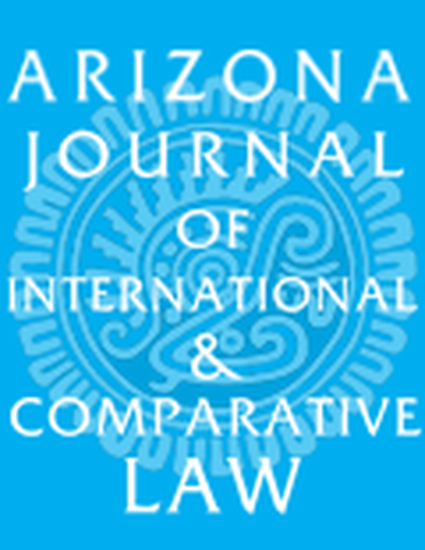
When a government official defends a case before an international court, whose interest should he/she be representing? In today’s era of expanding international treaties that give standing to individual claimants, international courts review the actions of different government actors through the yardsticks of international law. The state is not unitary; alleged victims can bring international claims against various government entities including the executive, the legislature, the administrative branch, and the judiciary. Yet, the international legal defense of government actions is in the hands of the executive power. This paper focuses on the consequences of this centralization for inter-branch politics. It explores the lessons learned in U.S. constitutional law concerning the role that executive power plays in defending the interests of the federal government before the Supreme Court, and compares them with the experience of Latin American executives in litigating cases before the Inter-American Court of Human Rights (IACtHR).
Available at: http://works.bepress.com/guillermo-garciasanchez/5/
